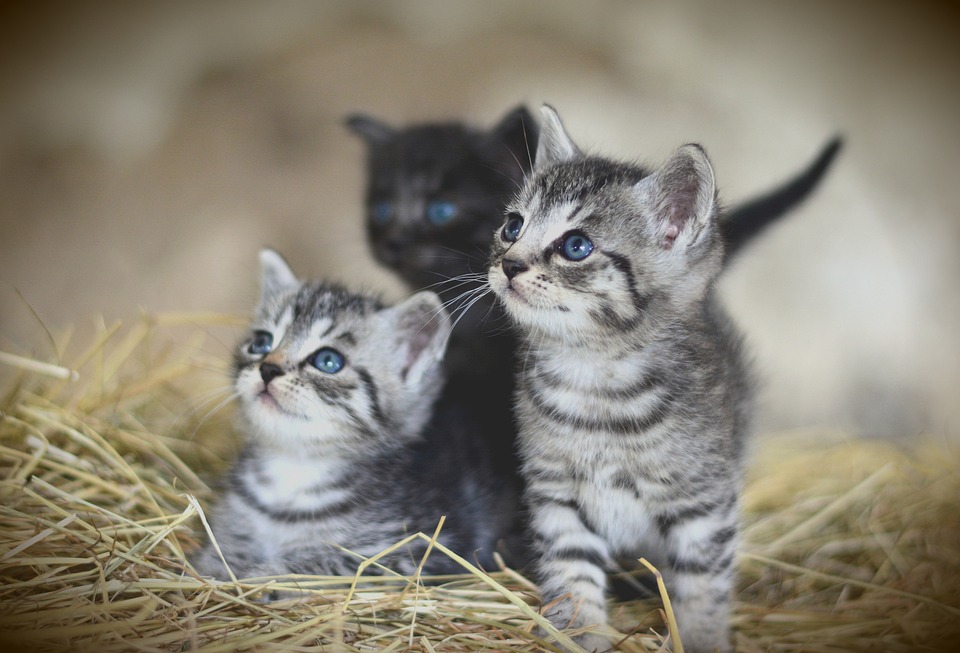Preventing and Managing Common Dental Issues in Cats with Specific Dietary Needs
Introduction:
Cats, just like humans, require proper oral hygiene to maintain optimal health. However, cats with specific dietary needs may be more prone to dental issues. It is important for cat owners to understand the significance of oral hygiene and how to prevent and manage dental problems in cats with specific dietary needs.
I. Dental Hygiene for Cats:
A. Regular brushing:
Regular brushing is crucial for maintaining a cat’s oral health. Brushing your cat’s teeth can help prevent the build-up of plaque and tartar, which can lead to dental issues. It is important to choose the right toothbrush and toothpaste that are specifically designed for cats. A step-by-step guide to brushing your cat’s teeth can help make the process easier and more effective.
B. Dental treats:
Dental treats play a vital role in promoting oral health in cats. These treats are designed to help remove plaque and tartar while providing a tasty snack for your feline friend. It is important to select dental treats that are suitable for cats with specific dietary needs. Consulting with a veterinarian can help determine the best dental treats for your cat’s needs.
C. Dental toys:
Interactive toys can also contribute to dental health in cats. These toys are designed to encourage chewing and play, which helps to clean your cat’s teeth and gums. When selecting dental toys, it is important to consider your cat’s specific dietary needs. Opt for toys that are safe and suitable for your cat’s oral health requirements.
II. Diet and Nutrition for Dental Health:
A. Importance of nutrition:
Proper nutrition plays a significant role in maintaining good oral health in cats. A balanced diet that includes essential nutrients can help prevent dental issues. Certain nutrients, such as calcium and phosphorus, are especially important for maintaining healthy teeth and gums. Following recommended dietary guidelines for cats with dental issues can help promote oral health.
B. Choosing the right food:
Choosing the right food is crucial for cats with dental issues. There are specific types of cat food that are beneficial for dental health, such as dental diets. These diets are designed to reduce plaque and tartar build-up. When deciding between dry and wet food, it is important to consider your cat’s dental needs. Dry food can help remove plaque, while wet food can be easier for cats with dental issues to consume. Taking into account your cat’s specific dietary needs is essential when selecting cat food.
C. Supplements for dental health:
Supplements can also support dental health in cats with specific dietary needs. Certain supplements, such as those containing omega-3 fatty acids or antioxidants, can help promote oral health. It is important to consult with a veterinarian to determine the most suitable supplements for your cat’s needs. They can provide personalized advice and recommendations for maintaining dental health in cats with specific dietary needs.
FAQs:
1. Can dental issues in cats be prevented with diet alone?
2. How often should I brush my cat’s teeth?
3. Are there any specific foods that can worsen dental problems in cats?
4. My cat has food allergies. Can I still find dental treats suitable for her?
5. What signs should I look out for that might indicate dental issues in my cat?
6. What should I do if my cat refuses to eat dental food or treats?
7. Are there any natural remedies for maintaining dental health in cats?
8. Can dental issues in cats lead to other health problems if left untreated?
9. How often should I take my cat for dental check-ups?
Conclusion:
Preventive dental care is of utmost importance for cats with specific dietary needs. Proper nutrition and regular dental hygiene practices can help prevent and manage common dental issues. Consulting with a veterinarian for personalized dietary advice and dental care recommendations is crucial for maintaining your cat’s oral health. By following these guidelines, cat owners can ensure that their feline companions have healthy teeth and gums throughout their lives.








